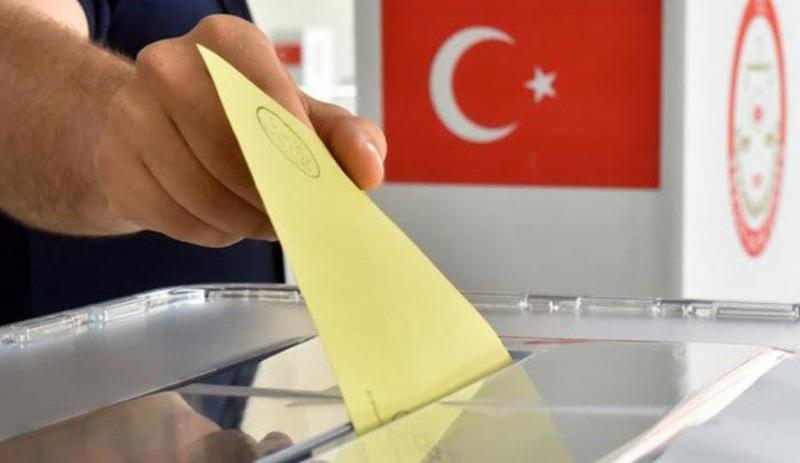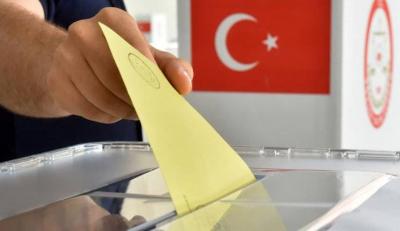The Kurds, who have long felt marginalized in Turkish politics, may play a crucial role in the upcoming May elections, which will feature intense competition to decide whether President Recep Tayyip Erdoğan will continue in power after more than two decades. Polls show a tight balance between Erdoğan's ruling coalition and the opposition, making the pro-Kurdish Peoples' Democratic Party potentially pivotal in determining the next president, although a legal effort to ban the party could mean it might need to reconstitute itself under a new political umbrella.
The rising inflation rate and public criticism of the government's response to the devastating earthquake in February, which resulted in at least 48,000 deaths in Turkey, have made Erdoğan and the Justice and Development Party face their most challenging electoral test since Erdoğan first came to power. For years, Erdoğan has sought to win over the Kurds, who make up about 20% of the Turkish population, gaining support in the Kurdish-majority southeast by taking steps to support Kurdish rights, economic advancement, and attempting to end the conflict with Kurdish militants.
However, Kurdish support has steadily declined after Erdoğan's government adopted a more stringent nationalist approach. The government's opponents are working with the pro-Kurdish Peoples' Democratic Party to support Kemal Kılıçdaroğlu, the leader of the Republican People's Party, backed by opposition parties as their candidate to defeat the president.
With polls showing the Peoples' Democratic Party enjoying more than ten percent support, the party may play a central role in the elections that will determine Turkey's next leader and the prospects for continuing Erdoğan's economic approach, which previously fostered growth and a boom in construction but has now led to inflation reaching 55%. The Peoples' Democratic Party, the third largest party in parliament, wants the opposition to endorse Kurdish rights demands and other issues. The Kurdish party held talks with Kılıçdaroğlu on Monday and is expected to announce this week whether it will support him.
Authorities have jailed thousands of members of the Peoples' Democratic Party, its lawmakers, and mayors, or stripped them of office in recent years. In 2019, the Peoples' Democratic Party collaborated with the opposition to defeat ruling Justice and Development Party candidates in the elections for major city mayorships.
Vahap Koşkun, a law professor at Dicle University in Diyarbakır, stated, "I don't think voters of the Peoples' Democratic Party will find it hard to vote for Kılıçdaroğlu, given his recent efforts to build bridges with both Kurdish voters and conservatives."
While the opposition has established ties with the Kurds, Erdoğan's Justice and Development Party has been allied with the Nationalist Movement Party since 2015 when the peace process aimed at ending the insurgency in southeastern Turkey collapsed. The Nationalist Movement Party is a strong opponent of the Kurdish movement and its cultural rights demands.
Some residents of Diyarbakır, affected by the earthquake, criticized the government for its shortcomings, albeit to a lesser extent than in other regions. However, there are legal challenges that may hinder the role of the Peoples' Democratic Party, which also garnered about 12% of the votes in the 2018 general elections.
There is currently a case in court that could prevent the party from participating in the May elections due to accusations of connections to Kurdish militants. The party, which denies these allegations, has requested a postponement of the court session scheduled for April 11, arguing that it would disrupt its election preparations. Party officials have not announced what they will do if the court session is not postponed, but media reports suggested they would direct their supporters to vote for the small Green Left Future Party, which has adopted a party slogan similar to that of the Peoples' Democratic Party.




